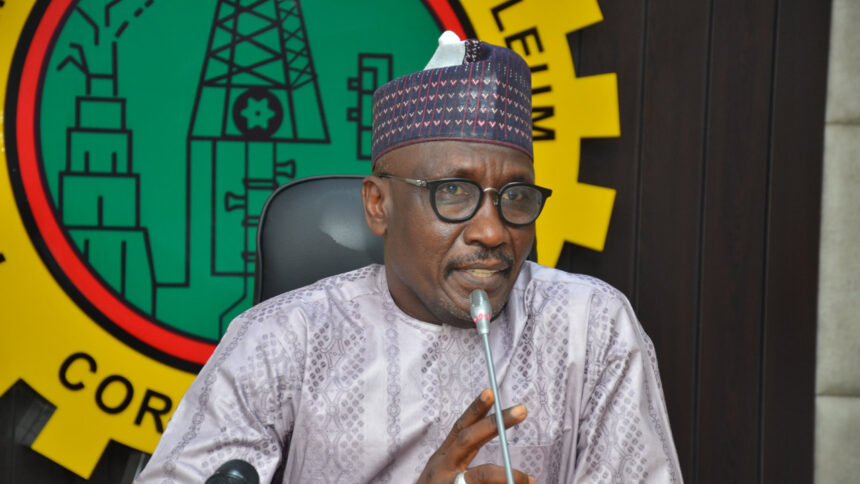Nigeria’s Fuel Importation Raises Economic Concerns Despite Growing Refining Capacity
In February 2025, Nigeria witnessed a staggering import of over N930 billion worth of fuel and diesel, sparking worries about the economic implications of granting licenses to oil marketers for further imports despite the country’s increasing local refining capacity.
The data on fuel imports for the month revealed a bill of N930 billion, with oil marketers registered by the Nigerian Midstream and Downstream Petroleum Regulatory Authority (NMDPRA) purchasing goods worth N5.5 trillion between January and October 2024.
While the Nigerian National Petroleum Company Limited (NNPCL) is expanding the capacity of its Port Harcourt and Dangote refineries, both of which produce fuel, the country still heavily relies on fuel imports. Diesel, on the other hand, is locally refined at the Warri Refinery and other modular refineries primarily located in the Niger Delta region.
The NMDPRA, responsible for licensing petroleum product imports, reiterated its authorization of oil marketers to bridge the nation’s fuel supply gap. It was reported that only 50% of the daily fuel consumption is met by local refineries, necessitating the continued importation of petrol to meet the demand.
Ogbugo Ukoha, the Executive Director of Distribution, Systems, Storage, and Retailing Infrastructure at NMDPRA, highlighted the decrease in fuel consumption following the subsidy termination in 2023 and emphasized the role of imports in meeting the country’s fuel needs.
Aliko Dangote, the president of Dangote Industries Limited, stated that his refinery has significant fuel reserves, contradicting concerns about import dependence raised by business consultant Mr. Dan Kunle.
Import data for February 2025 indicated that Nigeria imported 265.88 million litres of diesel and 701.75 million litres of petrol, with Lagos, Port Harcourt, Calabar, and Warri serving as primary ports of entry for petrol tanker ships.
Despite the import figures, Mele Kyari, the CEO of the NNPC Group, stated that the company did not import petrol this year, attributing the high import numbers to rising domestic refining production and the operational status of private and NNPC refineries.
While Nigeria has made progress in domestic refining, the continued reliance on fuel imports exposes underlying challenges in the sector such as supply chain inefficiencies, logistics issues, and production scale-up challenges, as noted by business consultant Mr. Kunle.








